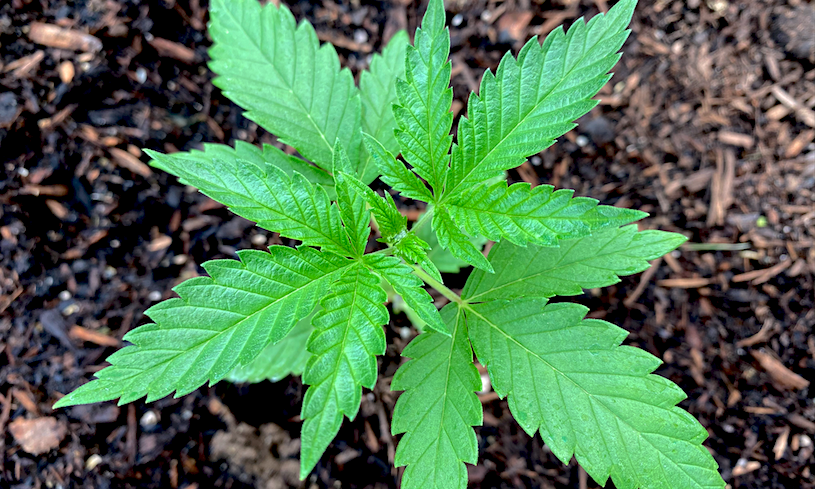A majority of Texas voters support legalizing marijuana for medical and recreational use, according to a new poll.
The survey from The Dallas Morning News and University of Texas at Tyler found that 72 percent of registered voters in Texas, including a majority of Republicans (67 percent), said they back medical cannabis legalization.

Via DMN/UTT.
Meanwhile, 55 percent of respondents said they support legalizing marijuana for adult use. While the reform proposal has become more bipartisan nationwide, however, Texas Republicans are divided on the issue, with 48 percent opposed and 43 in favor of broad legalization.

Via DMN/UTT.
That’s compared to 65 percent of Democrats and 63 percent of independents who back the policy change.
The poll involved interviews with 1,384 registered voters from August 1-7, and has a margin of error of +/- 2.6 percentage points.
It should also be pointed out that a prior poll from the University of Houston and Texas Southern University that was released late last year found significantly more support (67 percent) for legalization among Texas residents, with a slim majority of Republicans on board as well.
While Texas has seen more modest cannabis reforms enacted in recent years, including the expansion of the state’s medical marijuana program, the conservative legislature has yet to meaningfully advance adult-use legalization legislation.
Advocates also remain disappointed that lawmakers have so far been unable to pass other, more expansive cannabis bills—such as a decriminalization proposal that cleared the House but saw no action in the Senate.
The House approved a cannabis decriminalization bill in 2019, but it did not advance in the Senate that session.
—
Marijuana Moment is tracking more than 1,500 cannabis, psychedelics and drug policy bills in state legislatures and Congress this year. Patreon supporters pledging at least $25/month get access to our interactive maps, charts and hearing calendar so they don’t miss any developments.![]()
Learn more about our marijuana bill tracker and become a supporter on Patreon to get access.
—
Texas Republicans might be on the fence on legalization overall, but the state’s GOP party formalized its opposition to ending prohibition again with the adoption of a policy plank as part of its 2022 platform.
Two modest reforms that were supported in the platform, however, were the federal rescheduling marijuana from Schedule I to II and reducing regulations on hemp.
Beto O’Rourke, a Democratic gubernatorial candidate with a longstanding record of supporting drug policy reform in the Lone Star state and in Congress, was quick to criticize the GOP organization over its embrace of restrictive social policies, including cannabis criminalization.
Even Gov. Greg Abbott (R) appeared to embrace simple decriminalization in January, saying “prison and jail is a place for dangerous criminals who may harm others, and small possession of marijuana is not the type of violation that we want to stockpile jails with.”
But he misstated existing policy, suggesting that the legislature already made simple marijuana possession a class C misdemeanor without the threat of jail time. In fact, the law still considered possession of up to two ounces a class B misdemeanor that carries a punishment of up to 180 days in jail and a maximum $2,000 fine.
Texas Agriculture Commissioner Sid Miller argued in favor of further expanding medical cannabis access in an op-ed last month, saying that “cannabis prohibition came from a place of fear, not from medical science or the analysis of social harm.”
At the local level, marijuana reform has moved rapidly as Texas activists have worked to enact reform in jurisdictions across the state. In May, for example, Austin voters approved marijuana decriminalization overwhelmingly.
Voters in five more Texas cities will see cannabis decriminalization measures on their November ballots.
Former Marijuana Regulators Call For 10 Equity Amendments To Bipartisan Cannabis Banking Bill
Medical Disclaimer:
The information provided in these blog posts is intended for general informational and educational purposes only. It is not a substitute for professional medical advice, diagnosis, or treatment. Always seek the advice of your physician or other qualified healthcare provider with any questions you may have regarding a medical condition. The use of any information provided in these blog posts is solely at your own risk. The authors and the website do not recommend or endorse any specific products, treatments, or procedures mentioned. Reliance on any information in these blog posts is solely at your own discretion.







